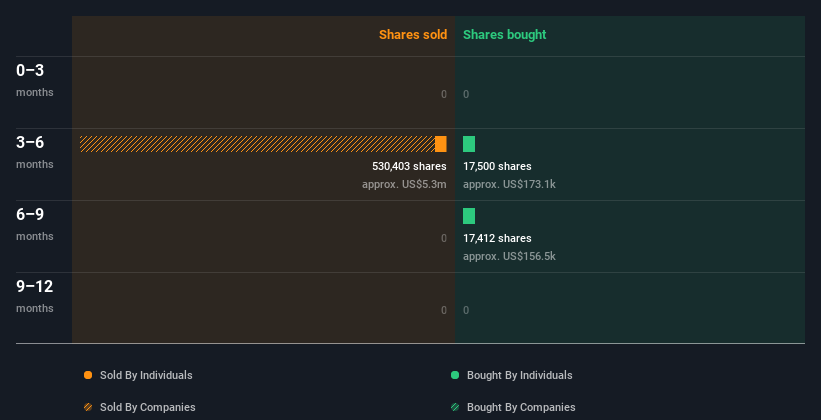Root Insiders May Regret Not Buying More, Market Cap Hits US$858m
Root, Inc. (NASDAQ:ROOT) insiders who purchased shares in the last 12 months were richly rewarded last week. The stock climbed by 12% resulting in a US$91m addition to the company’s market value. As a result, their original purchase of US$338.6k worth of stock is now worth US$2.10m.
Although we don't think shareholders should simply follow insider transactions, logic dictates you should pay some attention to whether insiders are buying or selling shares.
See our latest analysis for Root
Root Insider Transactions Over The Last Year
In the last twelve months, the biggest single purchase by an insider was when President & CTO Matt Bonakdarpour bought US$176k worth of shares at a price of US$10.33 per share. Although we like to see insider buying, we note that this large purchase was at significantly below the recent price of US$60.02. Because it occurred at a lower valuation, it doesn't tell us much about whether insiders might find today's price attractive.
Matt Bonakdarpour bought a total of 34.91k shares over the year at an average price of US$9.70. You can see a visual depiction of insider transactions (by companies and individuals) over the last 12 months, below. If you click on the chart, you can see all the individual transactions, including the share price, individual, and the date!
There are always plenty of stocks that insiders are buying. So if that suits your style you could check each stock one by one or you could take a look at this free list of companies. (Hint: insiders have been buying them).
Insider Ownership Of Root
Another way to test the alignment between the leaders of a company and other shareholders is to look at how many shares they own. I reckon it's a good sign if insiders own a significant number of shares in the company. Root insiders own about US$184m worth of shares (which is 21% of the company). I like to see this level of insider ownership, because it increases the chances that management are thinking about the best interests of shareholders.
What Might The Insider Transactions At Root Tell Us?
There haven't been any insider transactions in the last three months -- that doesn't mean much. On a brighter note, the transactions over the last year are encouraging. With high insider ownership and encouraging transactions, it seems like Root insiders think the business has merit. In addition to knowing about insider transactions going on, it's beneficial to identify the risks facing Root. For example, Root has 3 warning signs (and 1 which is significant) we think you should know about.
Of course Root may not be the best stock to buy. So you may wish to see this free collection of high quality companies.
For the purposes of this article, insiders are those individuals who report their transactions to the relevant regulatory body. We currently account for open market transactions and private dispositions of direct interests only, but not derivative transactions or indirect interests.
Have feedback on this article? Concerned about the content? Get in touch with us directly. Alternatively, email editorial-team (at) simplywallst.com.
This article by Simply Wall St is general in nature. We provide commentary based on historical data and analyst forecasts only using an unbiased methodology and our articles are not intended to be financial advice. It does not constitute a recommendation to buy or sell any stock, and does not take account of your objectives, or your financial situation. We aim to bring you long-term focused analysis driven by fundamental data. Note that our analysis may not factor in the latest price-sensitive company announcements or qualitative material. Simply Wall St has no position in any stocks mentioned.

 Yahoo Finance
Yahoo Finance 
